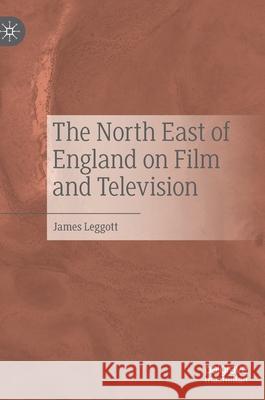The North East of England on Film and Television » książka
topmenu
The North East of England on Film and Television
ISBN-13: 9783030691455 / Angielski / Twarda / 2021 / 230 str.
Kategorie:
Kategorie BISAC:
Wydawca:
Palgrave MacMillan
Język:
Angielski
ISBN-13:
9783030691455
Rok wydania:
2021
Wydanie:
2021
Ilość stron:
230
Waga:
0.44 kg
Wymiary:
21.01 x 14.81 x 1.42
Oprawa:
Twarda
Wolumenów:
01
Dodatkowe informacje:
Wydanie ilustrowane











